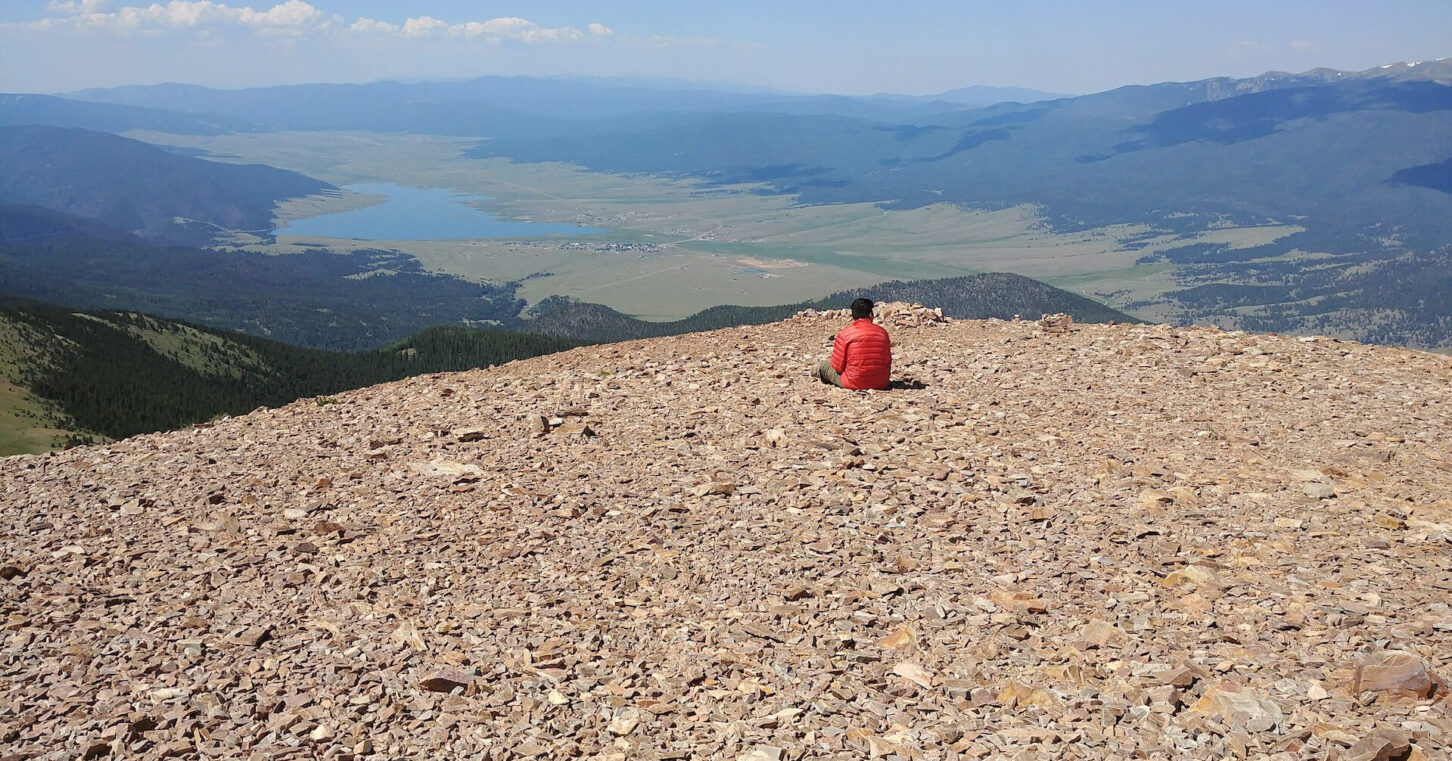
CIMARRON, N.M. – The word spread in spare phrases and hushed tones: “Trump was shot.”
I was in the base camp at Philmont Scout Ranch on July 13, set to embark the next morning on a week of backpacking with my crew from Atlanta. The possibility of civil war erupting while we traversed the backcountry hadn’t been on my mind.
Now it was.
By nightfall, it was clear former President Donald Trump wasn’t dying. Still, we considered many possible reactions to the attempt on his life – and our ignorance of it all once we went “off the grid.”
For a guy who has spent my entire adult life in the information business, much of it at a nexus with the political world, it was gut-check time.
We had known isolation awaited us in the Sangre de Cristo Mountains of northern New Mexico. There might be an occasionally strong cell signal, but connectivity would be sporadic. I’d welcomed being cut off and put my phone in “airplane mode” once we arrived that Saturday morning.
But it’s one thing to go dark during a lazy midsummer week. It’s another altogether after an event that might alter history.
Newspeople, among whom I counted myself for nearly two decades, obsess over big stories. This, as much as bias or clickbait, explains the urge to overhype.
Reporters want to be in on the action, at the center of it.
If they can’t be in on the action, they at least want to keep up with it. No one consumes news like newspeople. It’s a professional duty, but also a way of life.
And while I consume significantly less news now that my day job isn’t at a newspaper, the pull of the big story endures.
But I have learned some things along the way. I’ve learned that the early reporting in such situations is hard to distinguish from rumor-mongering. It’s the fog of war; people think they know something, or they heard it from someone they trust, but even well-meaning purveyors of information make mistakes in the fog. And then there are the not-so-well-meaning purveyors.
I’ve learned information is like a balm for feeling helpless in such moments. Knowing what’s happening feels less out of control than wondering what’s happening. But only those causing the action, spurring it on, reining it in – only they are even somewhat in control. Information is a balm for feeling helpless, not a cure.
Anyway, the trek had to go on. That was not really a decision. The decision was whether to try to stay connected with the world, even in dribs and drabs, or to shut it out and re-engage later.
I chose to shut it out.
Our isolation began inauspiciously. On our first hike, the day after the assassination attempt, we saw a jumbo jet streaking overhead, surrounded by several fighters. Was it Air Force One taking the president to an “undisclosed location” because violence had broken out?
(The president’s official calendar shows he stayed on the east coast that day; given the altitude difference between us and the aircraft, we probably just saw a refueling exercise.)
But as the week wore on, I found myself wondering and worrying less. Instead, I was able to focus on my surroundings: the forested mountains and rocky mesas, the thrill of rock climbing and rappelling, the personalities and jokes and musings of my teenage son and the others in our crew.
The world was still there waiting for us when we finished. Turns out, everyone did what they would have done if I’d been glued to X or Facebook or Fox the whole time.
None of this is to say you should ignore the news all the time (especially the outlet where you read this column). It’s important to be an informed citizen.
But unplugging every now and then should be more than a luxury. Even when the world around you is losing their heads.